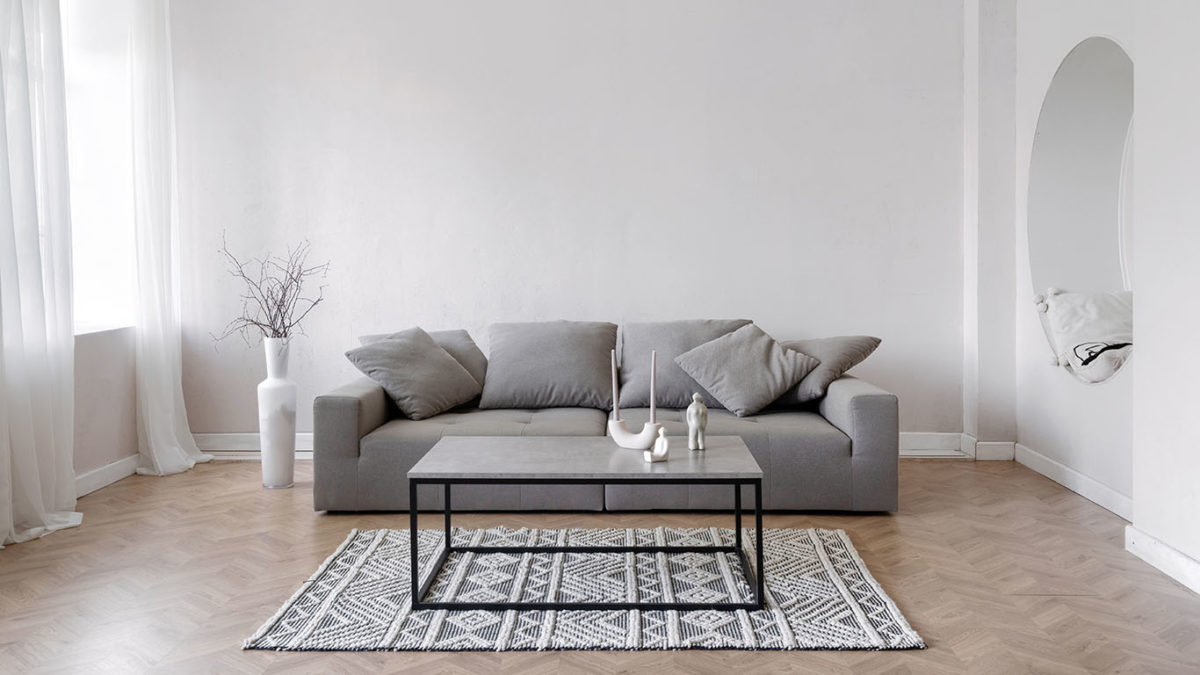You’re the proud tenant of a charming apartment in a prime location, and you’ve taken care to furnish and decorate it flawlessly. Now, you’re ready to share it with others! If you’re ready to list your apartment on a vacation rental site, it’s vital to figure out if you’re permitted to as a renter. Learn how you can find out if listing your apartment is allowed by your landlord and with your city.
First things first… consult your lease agreement!
Before you proceed with any plans to turn your abode into a short-term rental, check out the lease agreement you signed when you moved in. Often, there will be an explicit clause about subletting. Commonly, you’ll find a phrase along the lines of, “Tenant shall not sublet all or any part of the premises without the Landlord’s prior written consent.” In other words, you’ll have to get any potential Airbnb apartment rental situation approved by your landlord before listing.
It’s important to note that some states have specific laws about subletting; some require landlords to allow it with their written permission, while others allow landlords to ban it outright in their lease agreements.
Discuss your potential Airbnb plans with your landlord.
If you’ve checked out your lease and determined that listing your apartment as a short-term rental is a possibility, now is the time to start chatting with your landlord. If you’ve got a pretty hands-off landlord who doesn’t swing by the property too often, it might be tempting to list it without their consent. However, this can (and has!) wound up getting renters evicted – so honesty and transparency is the best route.
Before you begin discussions, put yourself in your landlord’s shoes. Things like noise complaints, property damage, and neighborly disputes will likely cross their mind, so you must be willing to compromise and negotiate. Some renters have agreed to give their landlords a cut of their earnings, increase their security deposit, or limit the rental time slots they offer. Some landlords are more comfortable if they only rent out a room, rather than the entire dwelling, so they’re physically present during the guest’s stay.
Or, maybe you got lucky with an easygoing and generous landlord who tells you to go full speed ahead with your plans. (This typically isn’t the case… but congratulations if so!)
Finally, it’s time to investigate your local zoning laws.
Once you’ve determined that you won’t get into any trouble with your landlord by Airbnb-ing your apartment, you need to figure out what your city has to say about it. To do this, you’ll need to research local zoning laws – a process that can be a bit tricky.
Airbnb lists the local regulations for many cities on their Responsible Hosting page, so this is an excellent place to start. Many cities require Airbnb hosts to acquire specific permits, and they may place restrictions on how long guests can stay, if the host needs to be there at the same time, or how often they can rent out their property over the calendar year. A Google search of “Airbnb regulations in [your city]” is the best first step in figuring out your local rules.
Once you’ve done all the background research and talked to your landlord directly, you’re almost ready to post your apartment on a vacation rental site.
Thinking about finding an apartment community that allows you to list your apartment on Airbnb? Check out ApartmentSearch.com for a list of available apartments!




